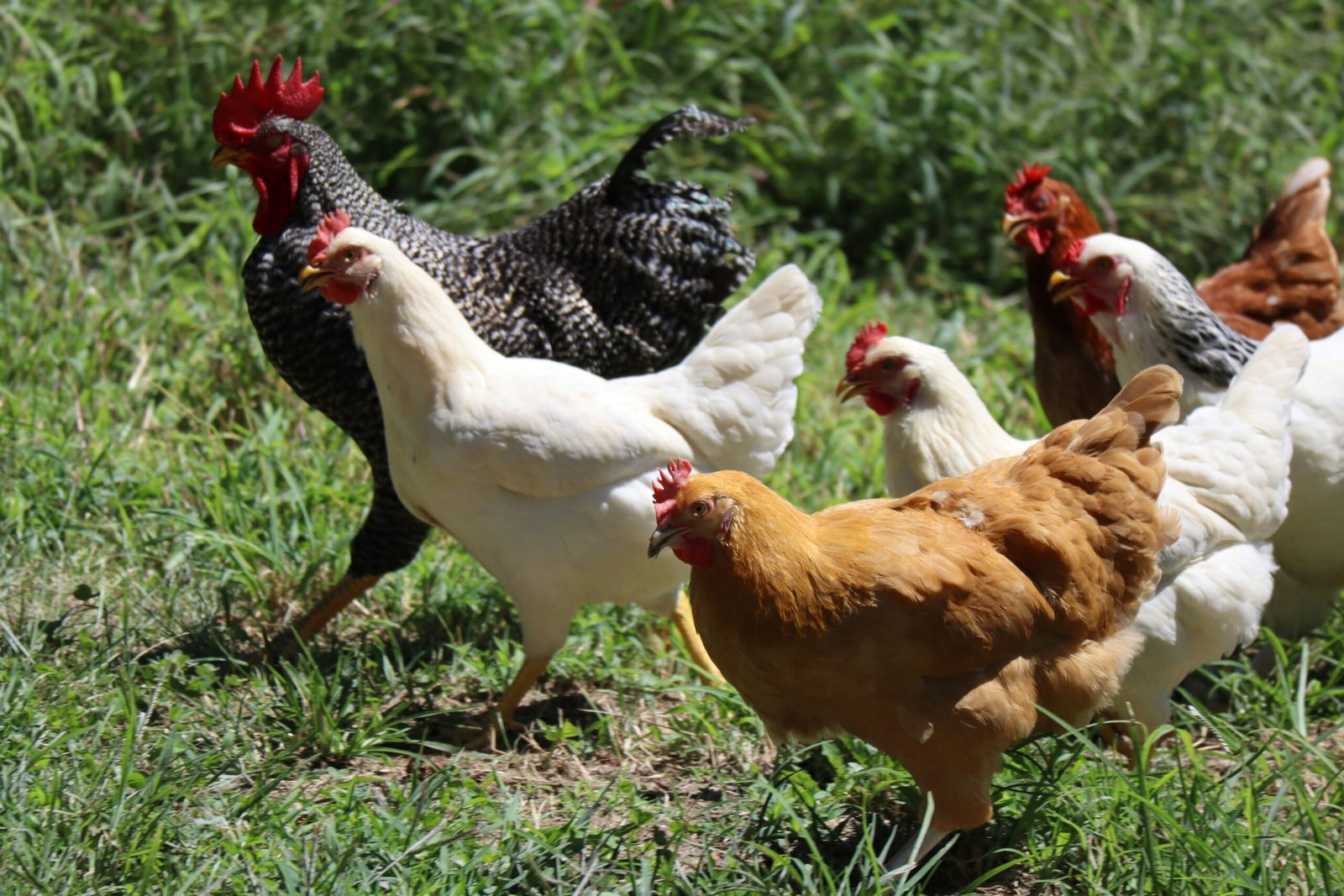Introduction
Welcome to the world of eco-friendly homesteading! Homesteading is all about self-sufficiency and living in harmony with nature. By incorporating sustainable practices into your homestead, you can reduce your environmental impact and create a more eco-friendly lifestyle. In this checklist, we will explore some essential practices that promote sustainability on the homestead.
1. Composting
Composting is a fantastic way to reduce waste and create nutrient-rich soil for your garden. Start by collecting kitchen scraps such as fruit and vegetable peels, coffee grounds, and eggshells. Avoid adding meat, dairy, and oily foods to your compost pile, as they can attract pests. Layer your kitchen scraps with yard waste like leaves, grass clippings, and small branches. Turn the pile regularly to speed up the decomposition process. In no time, you’ll have black gold to enrich your garden soil!
2. Rainwater Harvesting
Make the most of nature’s gift by harvesting rainwater. Set up rain barrels or a rainwater collection system to capture rainwater from your roof. This water can be used for watering plants, washing your car, or even flushing toilets. By using rainwater, you can reduce your reliance on municipal water sources and conserve this precious resource.
3. Solar Energy Utilization
Harness the power of the sun to meet your energy needs. Install solar panels on your property to generate clean, renewable energy. Solar energy can be used to power your home, heat water, and even charge electric vehicles. While the initial investment may be significant, you can enjoy long-term savings on your energy bills and reduce your carbon footprint.
4. Natural Pest Control
Avoid harmful chemicals and opt for natural pest control methods. Encourage beneficial insects like ladybugs and lacewings that feed on pests by planting flowers and herbs that attract them. Use companion planting techniques to repel pests naturally. For example, planting marigolds alongside your vegetables can deter aphids. Neem oil, diatomaceous earth, and homemade organic sprays can also help control pests without harming the environment.
5. Recycling Systems
Implement a comprehensive recycling system on your homestead. Set up designated bins for different types of recyclables such as paper, plastic, glass, and metal. Educate yourself and your family about what can and cannot be recycled in your area. Consider repurposing items whenever possible and reducing your overall consumption. By recycling, you can minimize waste and contribute to a more sustainable future.
Conclusion
By incorporating these eco-friendly practices into your homesteading lifestyle, you can make a positive impact on the environment. Composting, rainwater harvesting, solar energy utilization, natural pest control, and recycling systems are just a few examples of the many ways you can promote sustainability on your homestead. Remember, every small step counts, and together we can create a greener, more sustainable world.




